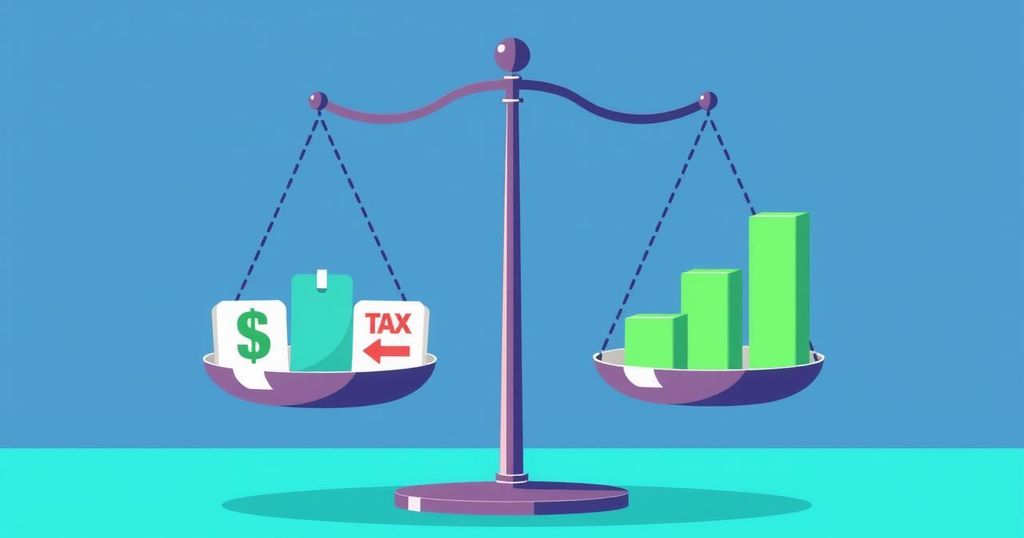- New tax law exempts Nigerians earning below ₦250,000 from taxes.
- Households classified as poor under the new tax guidelines.
- Focused on stimulating economic activity, not increasing tax burdens.
- Middle-class households earning ₦1.8 million – ₦2 million see tax reductions.
- Tax reforms aim to tap into Nigeria’s potential tax revenue.
New Tax Law Clarification on Income Thresholds
New Tax Law Exempting Low-Income Nigerians is Now Official. The recent announcement from Taiwo Oyedele, who chairs the Presidential Committee on Fiscal Policy and Tax Reforms, brings significant news for households in Nigeria. According to him, families earning ₦250,000 or below per month will no longer be required to pay taxes, effectively classifying them as poor under the new legislation, which is scheduled to take effect in January 2026.
Tax Policy Objectives and Implications
The new law, signed recently by President Bola Tinubu, is positioned as a means of stimulating economic activity while also addressing tax evasion rather than imposing heavier tax burdens. Oyedele emphasized that the government isn’t taking money from those at the lower end of the income spectrum. “These laws won’t put money in your pocket, but they’ll ensure the government doesn’t take it from you if you’re poor,” he stated clearly during an interview on the show Politics Today.
Defining Poverty and Revenue Goals
As for those in the middle class, households earning between ₦1.8 million and ₦2 million a month will see their tax burden decreased, though not completely removed. Oyedele points out that this group comprises around five percent of Nigeria’s population. Defining poverty line based solely on international benchmarks wasn’t the sole approach; he mentioned that the team factored in local realities. The chairman noted that many Nigerians struggle to earn a sustainable daily income yet still manage to support themselves, emphasizing that true poverty needs to be addressed with locally relevant metrics instead of solely relying on World Bank or UN data.
In essence, Nigeria has adopted a new tax policy aimed at alleviating the financial burden on lower-income households while adjusting the tax rates for those in the middle and upper-income brackets. The revelations from Taiwo Oyedele underline a commitment to fair taxation while encouraging economic activity. The reforms are expected to close the gap in tax revenue collection significantly over the next few years, aiming towards a more equitable fiscal landscape.






